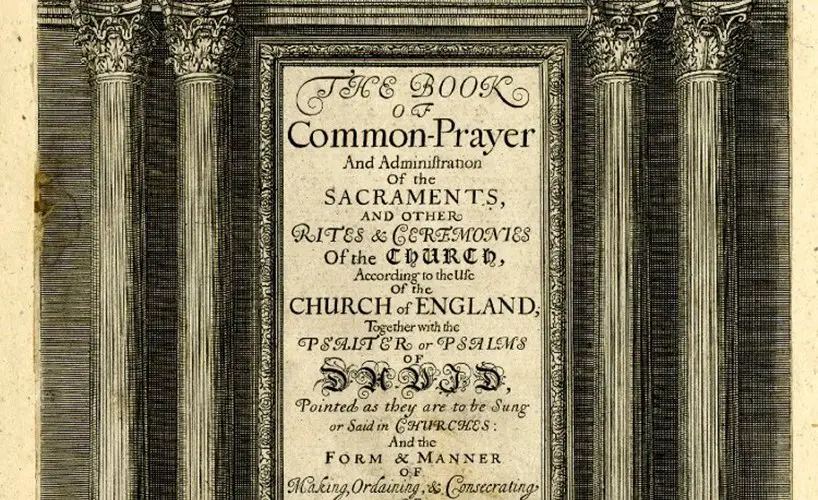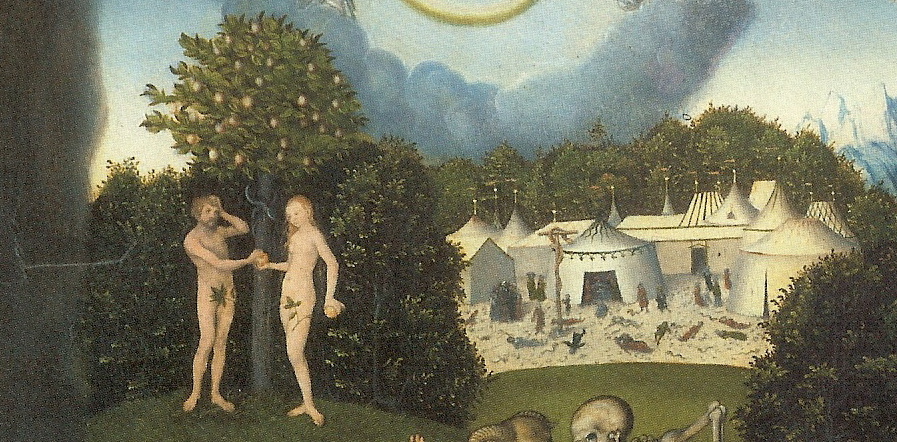History of Dissent in English Christianity
Let’s start with the dictionary meaning of a ‘dissenter’
plural noun: dissenters
a person who dissents.
synonyms: dissident, dissentient, objector, protester, disputant, rejectionist;
a member of a non-established Church; a Nonconformist.
What was dissenters belief in?
During the 17th Century, England witnessed a wave of radical thoughts and ideas taking over the various aspects of the social life of people. The developments in industry, science and arts were promoting new ideas and giving preference to logic over traditions and beliefs.
These ideas were shaping the future of the country and were giving rise to a number of new forms of faith and belief. People from the various social backgrounds in the country were joining hands and embracing those ideals.
As a result of the increasing inclination of people towards logic, the traditional practices of the Church were questioned by a number of people in the country. A completely different section of Christianity had emerged and they called themselves Protestants.
The Seekers were not a distinct religion or sect, but instead formed a religious society. Like other Protestant dissenting groups, they believed the Roman Catholic Church to be corrupt, which subsequently applied to the Church of England as well through its common heritage.
Who is a dissenter explain in detail?
The people who became Protestants adopted specific faiths and practices from the Church of England and divided themselves into subgroups like Congregationalists, Quakers, Presbyterians and Baptists. These were called the English Dissenters.

It was between 1661 to 1665 that a number of regulations were passed to persecute the Protestants and anyone else who was not using the ‘Book of Common Prayer’. As a response to these rules, the Protestants announced that they will not cooperate with the state in terms of their personal religious affairs.
In practical application, they founded their own places of worship and educational institutions. Most of them moved to Canada and America and started to practice their religious faiths.
It was in 1689 when the Toleration Act was passed in England and the Dissenters were allowed to practice their faith. As a result of this reformation, the English Dissenters were permitted to hold meetings and appoint their religious leaders. However, there were still certain oaths that these people need to take and hold the integrity of
Who were Puritan Dissenters?
Puritans is the term that was used for the Protestants during the 16th and 17th century in England. The Puritans believed that the Church of England needs serious reformations with respect to the changing times. They argued that the only way to reform the Church was to make it more Protestant in its faith, beliefs, and practices.
The Puritans believed that the Church of England should not accept the practices of the Roman Catholic Church in the same manner as they are followed by them. They demanded a more rational approach that could reform the policies of the Church according to the changing needs of the time in which they were living.
In the 1640s, the separatist ideas of the Puritans started to gain value in English society. As a result of this, there was a majority that was accepting this new found faith. Due to the increasing number of people who were accepting Protestant beliefs and their influence in the society, a new Church was founded as the national Church of England.

List of Dissenters in England
The English Dissenters began to be identified as a separate group that followed a religious ideology that was completely different from the Roman Catholic Church. However, as people started to segregate their beliefs from the conventional practices of the Church, they started to get divided amongst themselves with regards to the practices that they were adopting from the former Catholic Church and the new ones that they were developing on their own.
This resulted in the formation of a large number of dissenter groups in England during the 17th century. However, some of them were more radical and rational in their approach and were able to develop their own sect of Christianity which managed to find its own identity as a separate sect of Christianity.
Some of the most important English dissenters
Presbyterians
The Presbyterians argued that there should be no ranking in Church and all elders should address the followers from an equal pedestal.
Baptists
Baptists were the ones who believed that baptism should be a personal choice and not a religious practice that is imposed at the time of birth. As a result, the Baptists underwent the process of baptism again as adults, calling it a personal choice.
Quakers
The Quakers believed in the supremacy of God and rejected the Roman Catholic Church and the Church of England on the account that they identified it to be corrupt. They called themselves Quakers because they argued that they only “tremble before the Lord”. Under the leadership of George Fox, they practiced a method of silent worship and argued that they speak only when God inspires them to.
Over the years, Quakers grew as a very wealthy sect and welcomed a number of new ideas. As a result of this, the faiths of the Quakers changed a lot over the centuries, but the basic idea of worship of this sect continued to remain the same.
Brownists
They were English Dissenters (also called early Separatists) from the Church of England. Origin of the name lies with Robert Browne (born 1550s)
Bibliography and further reading
The Early English Dissenters (1550-1641) by Burrage
This book was published in 1912 and is set on English Dissent from 1550 to 1641 – Read here
Volume 1 – historical development of dissent and agitating groups against the centralised power of the Church of England.
Volume 2 – a selection of primary sources related to dissenter movements.
His writing is an excellent source of information to the English Dissenters & history of Christianity.